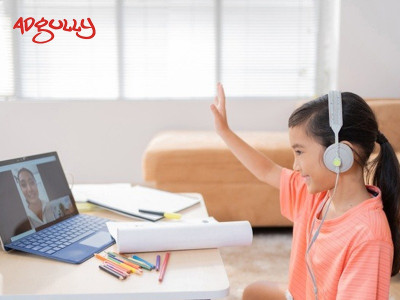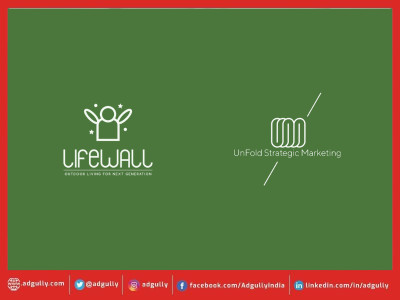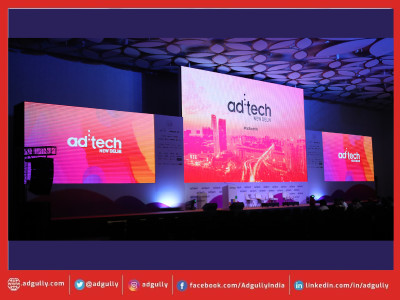As schools re-open, ed-tech brands rejig their strategy
The COVID-19 pandemic forced the entire education system across the country to shift online this year and students have been attending online classes almost throughout the year. When one looks back, it has been a remarkable feat indeed. The entire young generation was home schooled, took their exams online, completed their assignments online, even as the workload of teachers increased manifold.
Technology played a major role in this nationwide transition as demand for smartphones, tablets laptops, headphones, broadband connections and education apps increased. Of course, there was criticism too as many felt that the poorer strata remained devoid of online classes due to the cost factor. But we also heard of heartwarming stories of ingenious ways teachers adopted to impart education to children without access to tech paraphernalia via means of public address systems, open air classes, etc.
As technology has become mainstream, it has been assimilated into the learning environment. Such engaging activities are important for a child’s cognitive development – that is, their ability to think, understand, communicate, remember, imagine and work out what might happen next.
Speaking of technology and children, Mrinal Mohit, Chief Operating Officer, BYJU’S, said, “It is crucial to note that children today are digital natives. For them, learning from a screen is almost a primary habit. This new generation uses technology, smartphones, tablets, and computers naturally and probably learns their first alphabets and numbers from the screens, well before they get introduced to formal learning in a school. At BYJU’S, we use the same format (screens) to present educational content to students. While using our app, every student has a front-row seat and they can solely focus on what’s happening on screen.”
The competition in this sector, too, has been on the rise and it becomes important for these ed-tech brands to communicate with both parents and children about their apps and bring in new and interactive features.
According to Monica Malhotra Kandhari, MD, MBD Group, “Apart from features like live classroom with recording facility, adaptive testing, digital multimedia content for Grades KG to XII, e-books, video lectures, etc., the app also has its analytics tool that provides a detailed analysis of students’ performance and measures learning gaps, thus providing a remedial solution to the students. The detailed analytics of our recently launched app Aasoka traces the learning process of students helping them understand their areas of strength and weakness so they can realign their preparation accordingly.”
Even though the classes have shifted online, children look for the feel of class. It has not only become important for these brands to educate the students, but also create that environment that the kids are missing. Speaking on this, Dr Samir Karkhanis, CEO, Yangpoo Executive Education, remarked, “With the advancement in technology, the user experience is designed in a manner that the child gets the same feeling as if he is watching an OTT platform like Netflix. In fact, with AR & VR now build in the teaching and learning methodology, young children and adults alike enjoy the entire learning journey. Online learning comes with tremendous benefits over conventional classroom teachings formats, that is, online helps you to learn on your time, from any location, and also helps you to learn as per your ability and at your pace. Every Edtech company is trying to solve a different challenge and provide a different solution, so there is enough space for all. And finally, it is going to be the survival of the fittest.”
While some believed that the pace of online learning will slow down once educational institutes re-open, research has shown that online learning increases retention of information and takes less time. Meaning, the changes that the Coronavirus has caused might be here to stay. The on-going pandemic has brought online learning to the forefront, making it an integral part of mainstream learning.
MBD Group’s Kandhari noted, “Even experts believe that a hybrid model of education will emerge, and online education will eventually become an integral component of school education. This means every school will need to digitise their operations post-pandemic. Applications like the Aasoka app will play an important role as we go forward as it enables educational institutions to digitise and manage school’s day-to-day operations, students, teachers, classes, assessments, results and more in one single platform.”



















Share
Facebook
YouTube
Tweet
Twitter
LinkedIn